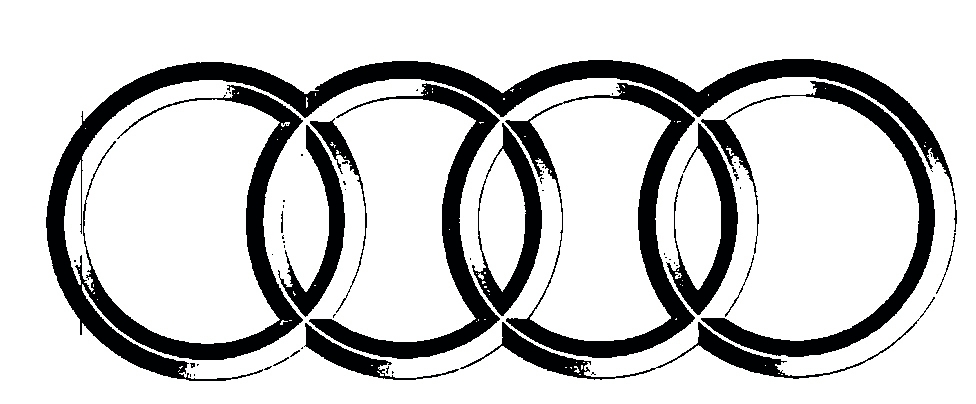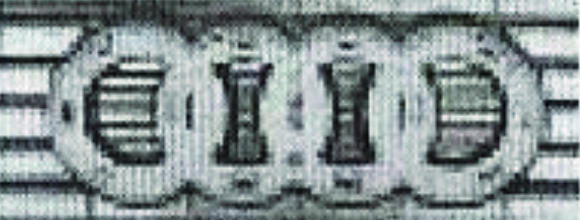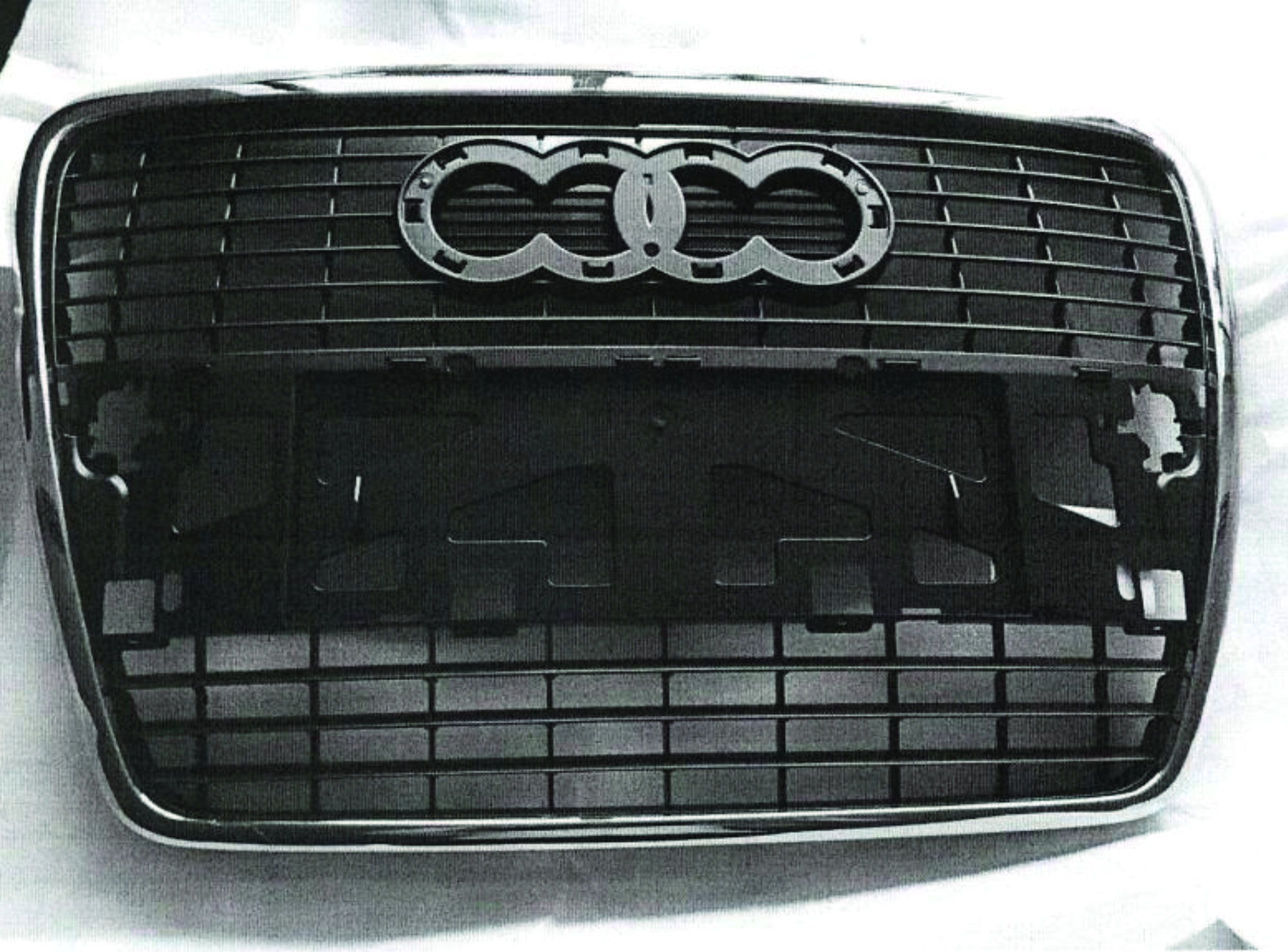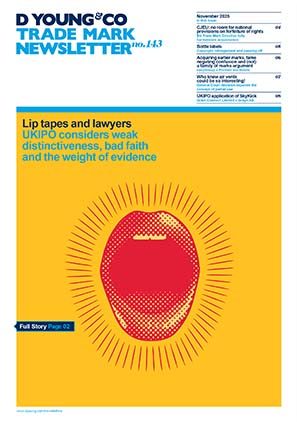Radiator grille - Audi remains the lord of the four rings
In a recent judgment, the German Federal Court of Justice decided that an independent seller of spare parts infringed Audi’s figurative mark by offering and selling radiator grilles featuring a four-ring-shaped mounting fixture.
The case shows the limits that apply for spare parts sellers, who have no contract with the motor vehicle manufacturer, for the sale of products using the manufacturer’s logo in order to avoid trade mark infringement.
The parties
The plaintiff Audi, a German car manufacturer, is the owner of a number of well known trade marks among which is the famous four-ring-shaped logo that is registered as a European Union trade mark (no. 000018762):

The trade mark is registered, amongst others, in class 12 in respect of land vehicles and their parts.
The defendant is a seller of spare parts who has no contractual relationship with Audi. In August 2016, the seller offered for sale a radiator grille “Audi A6 C6 4f Limo Kombi 04-08”, which had not been manufactured by Audi, on an online platform. The mounting fixture intended to receive the Audi logo looked like this:

The buyer received the following slightly different model:

Upon receiving a warning letter from Audi, the seller signed a cease-and-desist declaration, but objected to Audi’s further claims such as information or damages.
Audi brought legal action and won in first and second instance. The seller appealed on the law to the German Federal Court of Justice.
German Federal Court of Justice
Audi claimed that the use of the four-ring-shaped mounting fixtures infringed its well known trade mark. The court examined
- whether there existed likelihood of confusion between the mounting fixtures and the Audi logo;
- whether the defendant used the sign as a trade mark;
- whether the defendant could invoke the spare parts exception of Article 14(1)(c) of the European Union Trade Mark Regulation (EUTMR).
Likelihood of confusion
The court found that the defendant had infringed Audi’s mark since there existed likelihood of confusion between the signs.
Use as a trade mark
Furthermore, the ring-shaped mounting fixtures were assumed to be understood by the relevant public both as an indication of the intended purpose of a spare part, but also of the origin of the products.
No limitation to Audi’s trade mark right
Despite having found that the mounting fixtures served, amongst others, as an indication of the intended purpose of the spare parts, the court denied the defendant the spare parts exception of Article 14 EUTMR. The court did not accept that the ring-shaped form of the mounting fixtures was “necessary” to indicate the intended purpose of the radiator grilles since it did not represent the only possible means of providing the public with comprehensible and complete information on their intended purpose. The defendant could have informed the public in the text of the offer or the delivery note.
Compliance with honest practices?
The court did not have to decide whether the use of the signs was in accordance with honest practices in industrial or commercial matters according to Article 14(2) EUTMR.
The court acknowledged that customers expect for car spare parts to look identical to the original parts. However, the defendant had not argued that the specific form of the mounting fixture was necessary to make the radiator grille look identical to a grille manufactured by Audi.
In short
This decision further strengthens the position of trade mark owners by not making life for independent spare part manufacturers easier.
The German Federal Court of Justice again applied a very strict approach for the use of marks for spare parts.
Use will be especially hard if the logo of the manufacturer is a famous one.
Case details at a glance
Jurisdiction: Germany
Decision level: Federal Court of Justice
Parties: Audi AG (name of defendant unknown)
Date: 07 March 2019
Citation: I ZR 61/18
